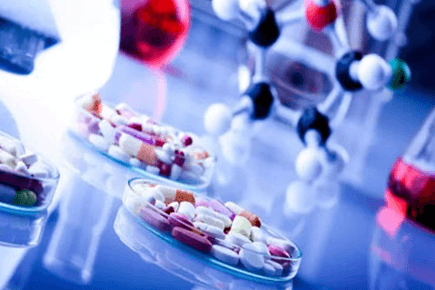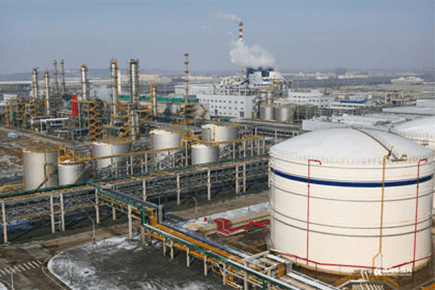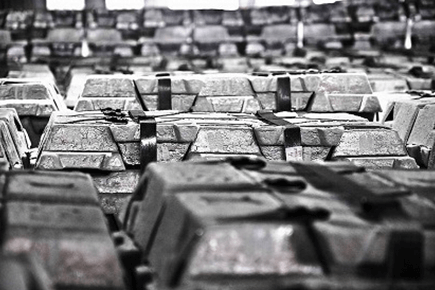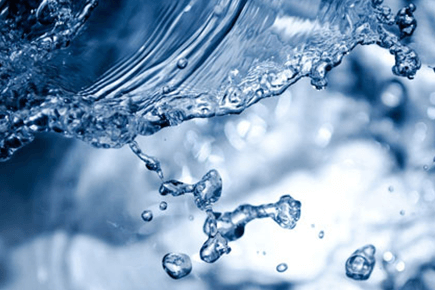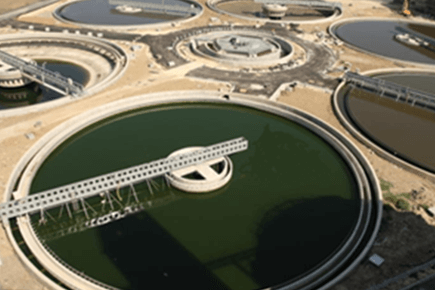
Advantages and Disadvantages of Chelating Resins and Their Application Prospects
Advantages
Compared with small molecule chelating agents, chelating resins have the advantages of simple synthesis, low cost, large adsorption capacity, easy elution, less interference, good mechanical properties and it is extremely stable for acids, bases and various solvents. Compared with ion exchange resins, chelating resins have stronger binding ability and higher selectivity to metal ions. When chelating resins chelate with specific metal ions, there will be many special physical and chemical properties, which are widely known as catalysts, photosensitive materials and antistatic agents.
Disadvantages
It is strongly affected by PH fluctuations. It needs elution. Its selectivity to ions is not ideal and the cost is too high. The use of chelating resin to treat complex heavy metal ions has some limitations: because chelating resin can not leach complex heavy metal ions through organic matter, it will cause secondary pollution to the environment.
Applications
Purification of drinking water, environmental protection, hydrometallurgy, recovery of heavy metals, catalysts, separation and purification of various antibiotics, extraction of active ingredients of Chinese herbal medicine and other medicine, food, recycled products, etc.
Development Prospects
The design and synthesis of new chelating resins, the study of adsorption theory, and the application of chelating resins promote their application in practice.






